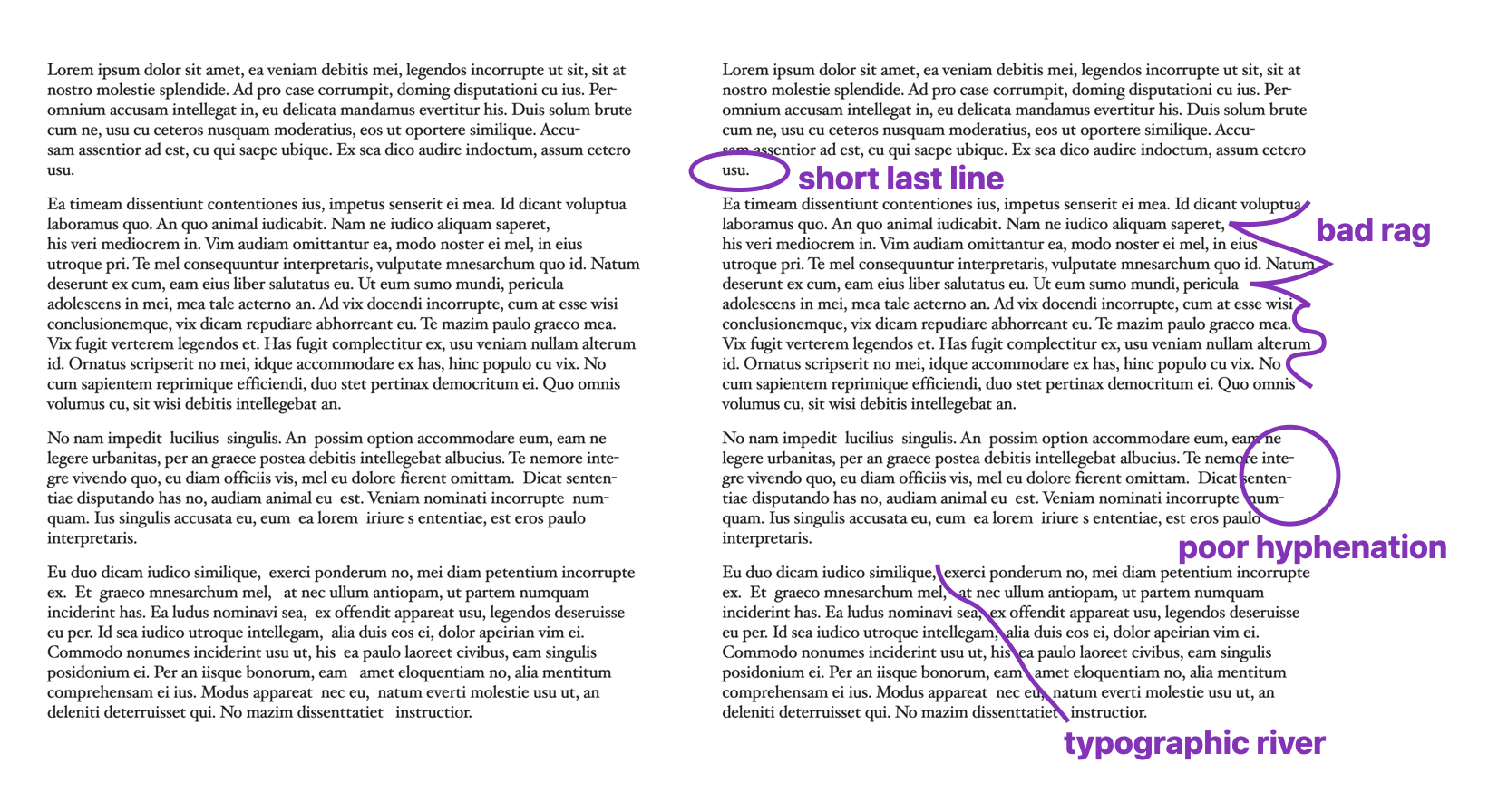C++ Ranges: Performance Bottlenecks and Optimization Strategies
This article delves into performance issues with C++ Ranges adaptors like `views::filter` and `views::take_while`. These adaptors introduce redundant iterator comparisons, impacting efficiency. The author analyzes the root causes and proposes two solutions: using Tristan Brindle's Flux library, which enhances performance through internal iteration and improved memory management; and a more radical approach leveraging potential C++ token sequence features to generate optimal loop code, bypassing Ranges limitations. Both solutions significantly improve efficiency, especially for complex range operations involving `views::reverse`.











